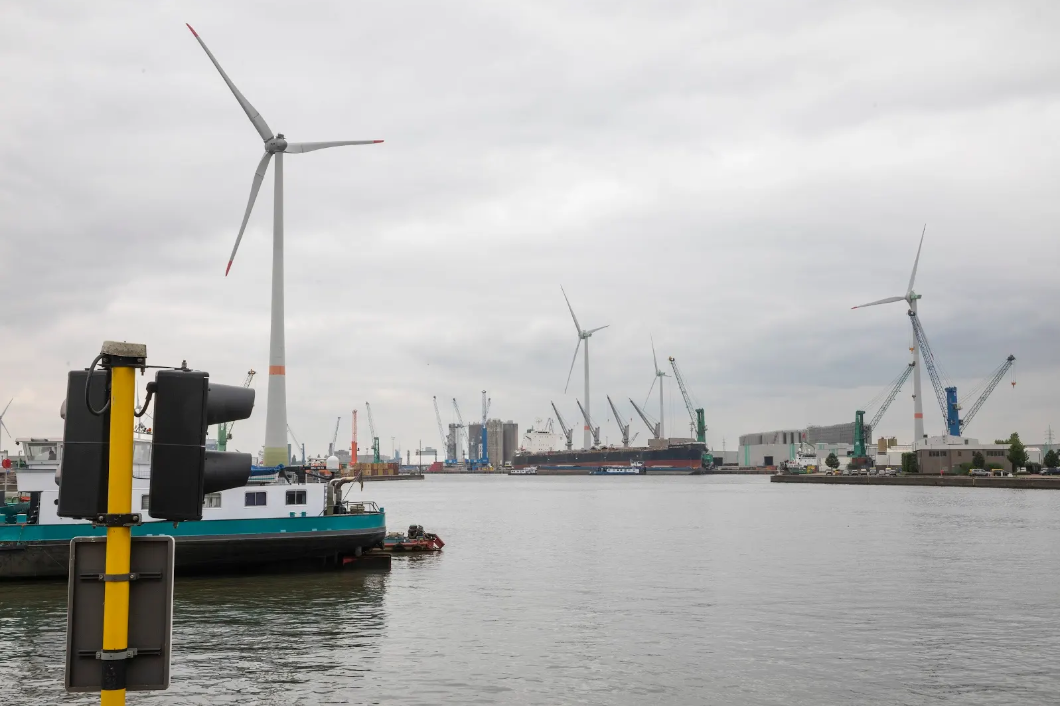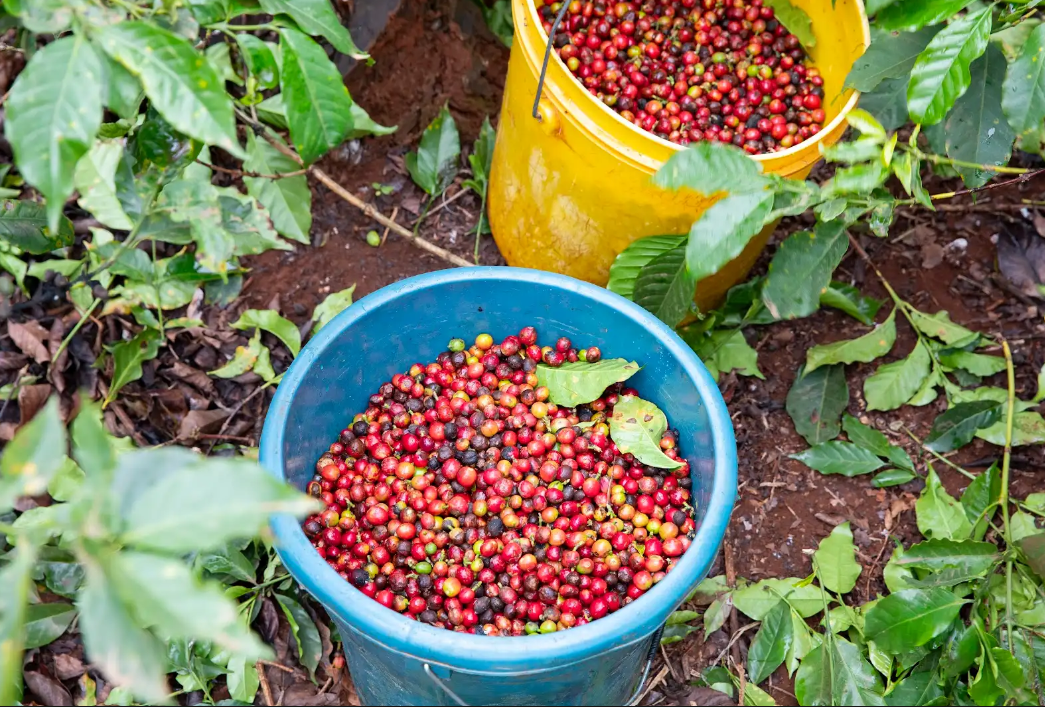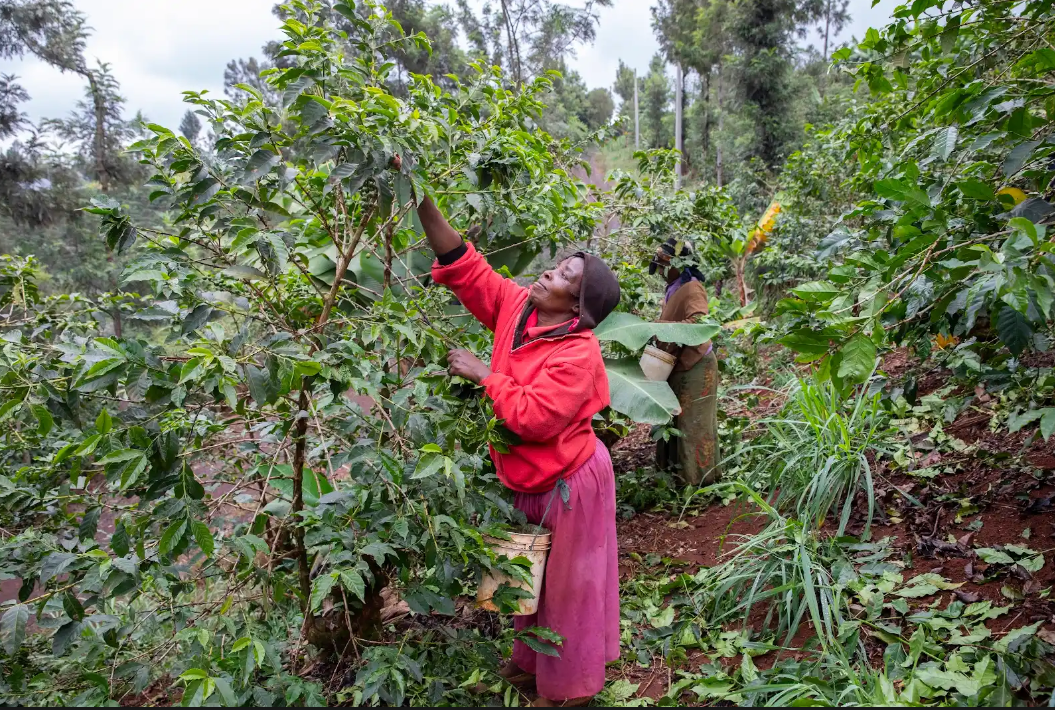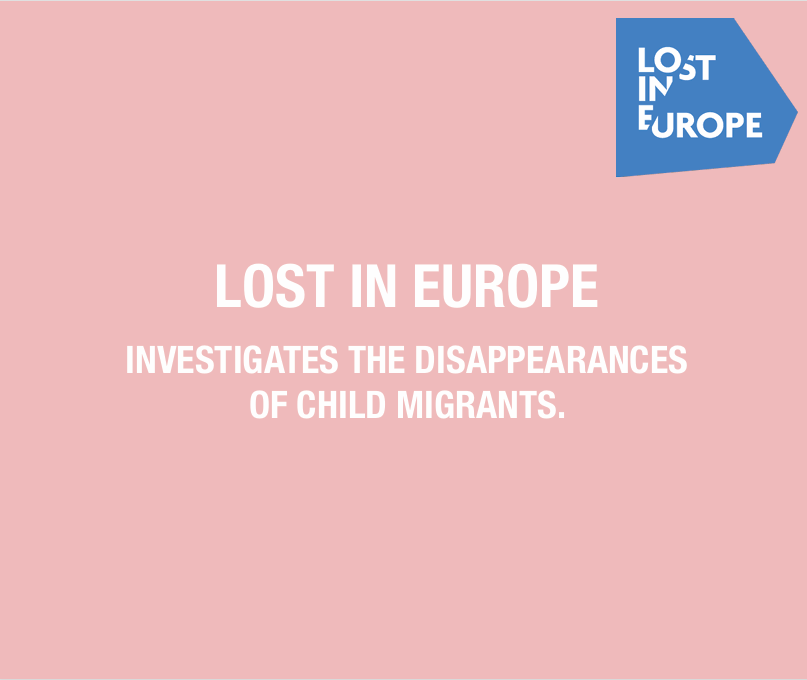As well as ending up in Belgium’s stylish cafes and bars, the coffee will be destined for shops, cafes and restaurants across the continent. Europeans' insatiable thirst for coffee has led the continent to become the world's largest coffee market, accounting for 32% of global consumption in 2021, an estimated 3,252 thousand tonnes of coffee.

Meanwhile, in the lush volcanic hills of Kiambu in Kenya’s fertile Rift Valley, at the beginning of one of the trade’s most significant supply chains, less than a tenth of the money made from the trade (a kilogram of coffee easily costs more than €11 in Belgium, with a single cup costing over €3 in a cafe) ends up in the pockets of Kenyan coffee farmers.
Here, coffee farmers work intensively to produce coffee on small plantations dotted along the hillsides, and toil long hours to pick and process their coffee beans. The beans pass through grading systems – the highest of which is reserved for European markets.
“I don't think the consumer knows what is happening in the production area,” says Simon Macharia, a coffee farmer in Komothai, a small village in Kiambu County, the heart of Kenya’s coffee industry. Macharia is a member of the 8,000 strong Komothai Coffee Society—a collective of coffee farmers operating 13 factories in this area.
“A 60-kilogram sack of AA-grade coffee, the best quality in Kenya, sells here for around $290. That’s too low,” says Macharia. “The farmer gets about 55 Kenyan shillings per kilogram, less than $1.” He adds: “When you calculate the costs and inputs to produce that kilo of coffee, the farmer earns less than $1. It’s not right.”
Further up the verdant volcanic hillside, Edita Mwangi, mother of four, harvests bright red coffee cherries that she gathers in a plastic bucket. Edita says European coffee lovers in cities like Antwerp simply do not understand their plight. “They don’t know the poverty we live in,” she says, “you have to struggle day and night just to survive.”
She earns about 1,000 Kenyan shillings per week, roughly €1.30 per day. For six days a week, she walks 5 kilometres to reach the coffee farms that stretch across the hills. She only gets paid if she works, so even when she is ill, she has no choice but to show up. “Even during the rainy season, we’re here earning our daily bread,” she says.
“We have no choice. My children rely on me. They’re still in school and don’t earn anything; they depend on me for everything.”

Despite the fact that farmers here face many challenges, the East African country remains the third largest export of coffee in Africa.
In recent years, Belgium has emerged as a major hub for Kenyan coffee into the European market. It regularly ranks amongst the top three importers of Kenyan coffee.
In October 2023, the Kenyan government announced a major deal with the Belgian coffee giant Java Coffee Company (JCC).
JCC promised to purchase an initial 700 tonnes of Kenyan coffee, and Kenya’s Deputy President, Rigathi Gachagua, emphasised the country’s ambition to significantly increase coffee production from the current 51,000 tonnes to 260,000 tonnes within five years.
Belgium is also the third largest importer of unroasted coffee beans (known as green coffee) in Europe, after Germany and Italy respectively, but it’s also the largest re-exporter of green coffee in Europe, further underscoring the importance of this partnership.
The Kenyan government hopes that this deal will improve the situation for coffee farmers. But while Macharia welcomes such deals, he remains cautious. He says the prices coffee farmers receive from suppliers in Europe have been so low that many of his peers in Komothai have already abandoned coffee farming altogether. Some have even cut down their valuable coffee trees, which take up to four years to bear mature fruit. “Because coffee no longer made money.”
“As things stand now, I don’t think there are any parents who want their children to grow coffee here,” says Macharia. “If you look around, you won’t see many young people. Most youths in Komothai finish secondary school, go to colleges and universities, and head to Nairobi to look for work.”

Macharia himself worked for an insurance company in the capital until a few years ago. But after his father passed away, he returned to his village to take over the two-acre family farm nestled on the hilltops of Komothai.
On top of the existing issues, in recent years climate change has emerged as a new threat to global coffee cultivation. John Murigi, the chairman of the Komothai coffee society, confirmed that it is a huge issue for their farmers, describing how "cold temperatures" and erratic rainfall are devastating the delicate coffee plants which has resulted in coffee production decreasing in the last few years.
He also says that rapid climatic changes are worsening the prevalence of diseases in coffee plants – citing a significant rise in coffee leaf miners (CLM), bugs that eat coffee leaves and coffeeberry disease (CBD), a pernicious disease caused by fungus that leads to crop losses of more than 80%.
Researchers at the Coffee Research Institute of the Kenyan government fear that erratic rainfall patterns could impact coffee farming in Kiambu County.
A 2023 report by the UK Fairtrade Foundation found that 93% of coffee farmers in Kenya were already experiencing the worst effects of climate change. Local farmers are experimenting with climate adaptation techniques, such as planting trees to provide additional shade for coffee plants.
Farmers like Macharia, despite the challenges posed by climate change, remain cautiously hopeful for a revival.

Despite tough conditions, Kenya’s coffee exports have grown in volume over the past 20 years, largely driven by European’s insatiable thirst for the drink. The demand for premium Kenyan coffee is ever-growing in Europe, yet if the supply is to continue, the farmers need support to deal with climate change and a better, fairer trade, according to the chairman of the Komothai Coffee Society.
Farmers like Macharia also hope that coffee lovers in places like Antwerp can directly buy their coffee from farmers. Macharia says that to bring a fundamental change to the coffee industry, they will need more resources.
"Our fathers didn’t know how to bring this issue to the attention of the international community—the people who buy the coffee”, he says, explaining that farmers of his generation are better educated than their parents.
He sees direct trade between the coffee farmers in Kenya and coffee drinkers in Europe as the best solution.
His message to European coffee drinkers is this: “Drink our coffee please, we take great care of it”, he says, “but push your companies to buy directly from the farmers."
This report was supported by Journalismfund Europe.




